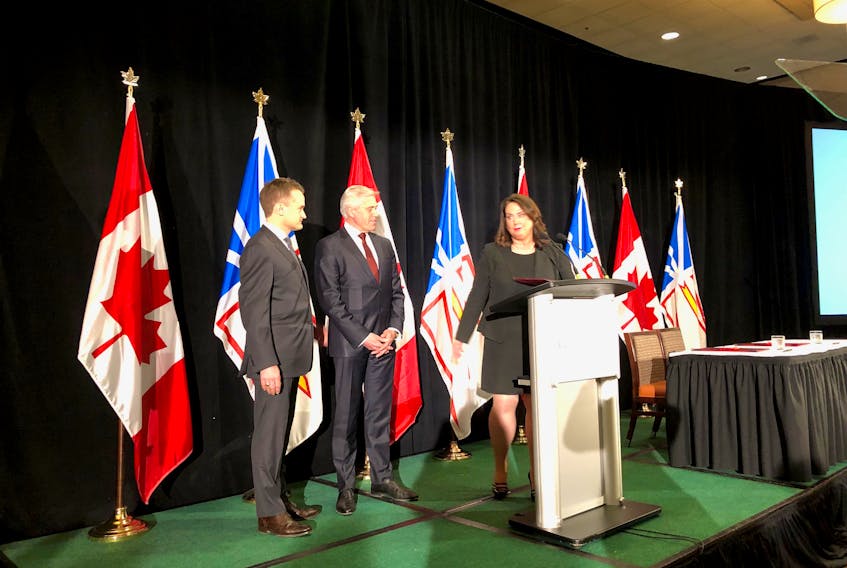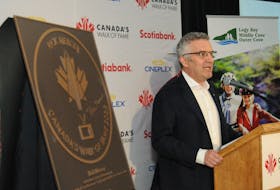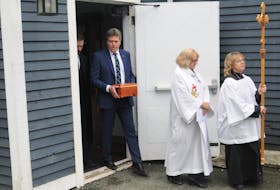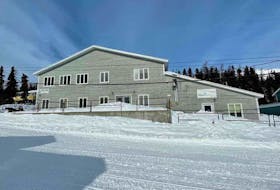ST. JOHN'S, N.L. — Alison Coffin, leader of provincial New Democratic Party, on money and mitigation:
“We’re still looking at $150 million a year into 2030 – that’s the number government is quoting right now. That will contribute to the deficit, but it’s certainly not going to eliminate it. It’s not even in the ballpark of what we’re going to need for rate mitigation. We’re going to see Bill Morneau come on and talk about rate mitigation, but until I see that happening and I see what those details are, I’m very hesitant to say this is going to go anywhere.”
Charlene Johnson, CEO of the Newfoundland and Labrador Oil and Gas Industries Association (NOIA), on proposed changes to federal environmental assessments (Bill C-69):
“It’s an excellent question in terms of the role Bill C-69 will have in terms of providing clarity and certainty. The government said this is about ensuring that there is clarity and certainty to our investors. That is something we welcome. How Bill C-69 fits into that was not mentioned. That, I’m hoping, will form part of the briefing we will have.”
Wade Locke, head of economics department, Memorial University, on the money and Hibernia:
“It’s a good move to get the money. It’s as simple as that. It will alleviate some fiscal issues and give some flexibility to deal with the mitigation strategy for Muskrat Falls. It’s a significant amount of money – it’s not large in relation to the deficit or the amount needed for mitigation. But it is helpful and useful. Whether or not they could have taken or should have taken an equity position, there wasn’t enough information to allow us to know what was traded off.”
Nancy Healey, CEO, St. John's Board of Trade, on debt:
“We have to spend it wisely. We have a spending problem, not a revenue problem, in this province. The auditor general’s latest report speaks about that at length. There’s a lot of risks for Newfoundland and Labrador. This shouldn’t be permission to spend beyond our means. We spend more per capita than any other jurisdiction in the country. Health care costs have gone up 12 per cent over the last five years. The population over the age of 65 is going to continue to grow, and they place the heaviest demand on health care. We are going to continue to have increased costs. This is no reason to go out and start opening up the province’s purse.”
Twitter: @DavidMaherNL









